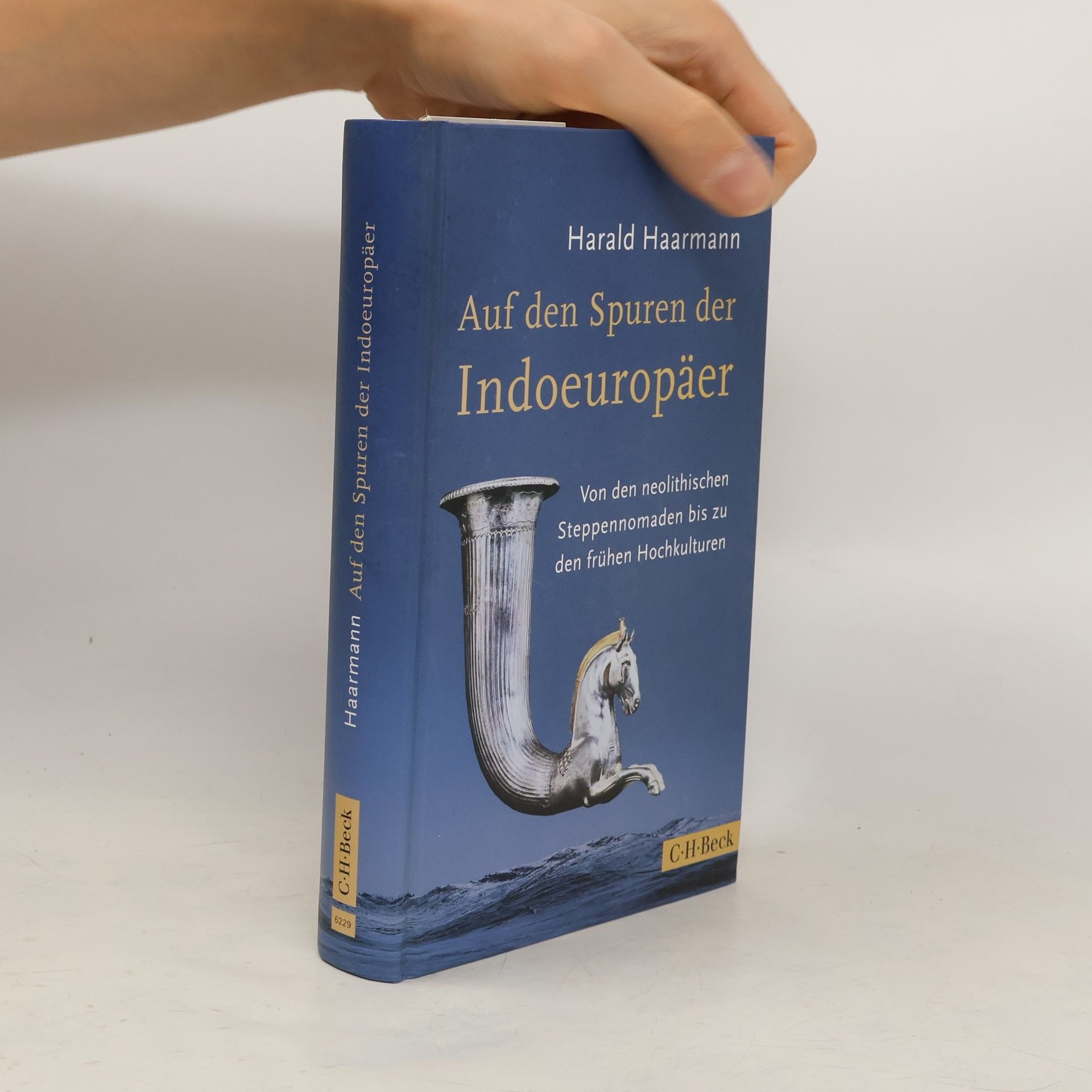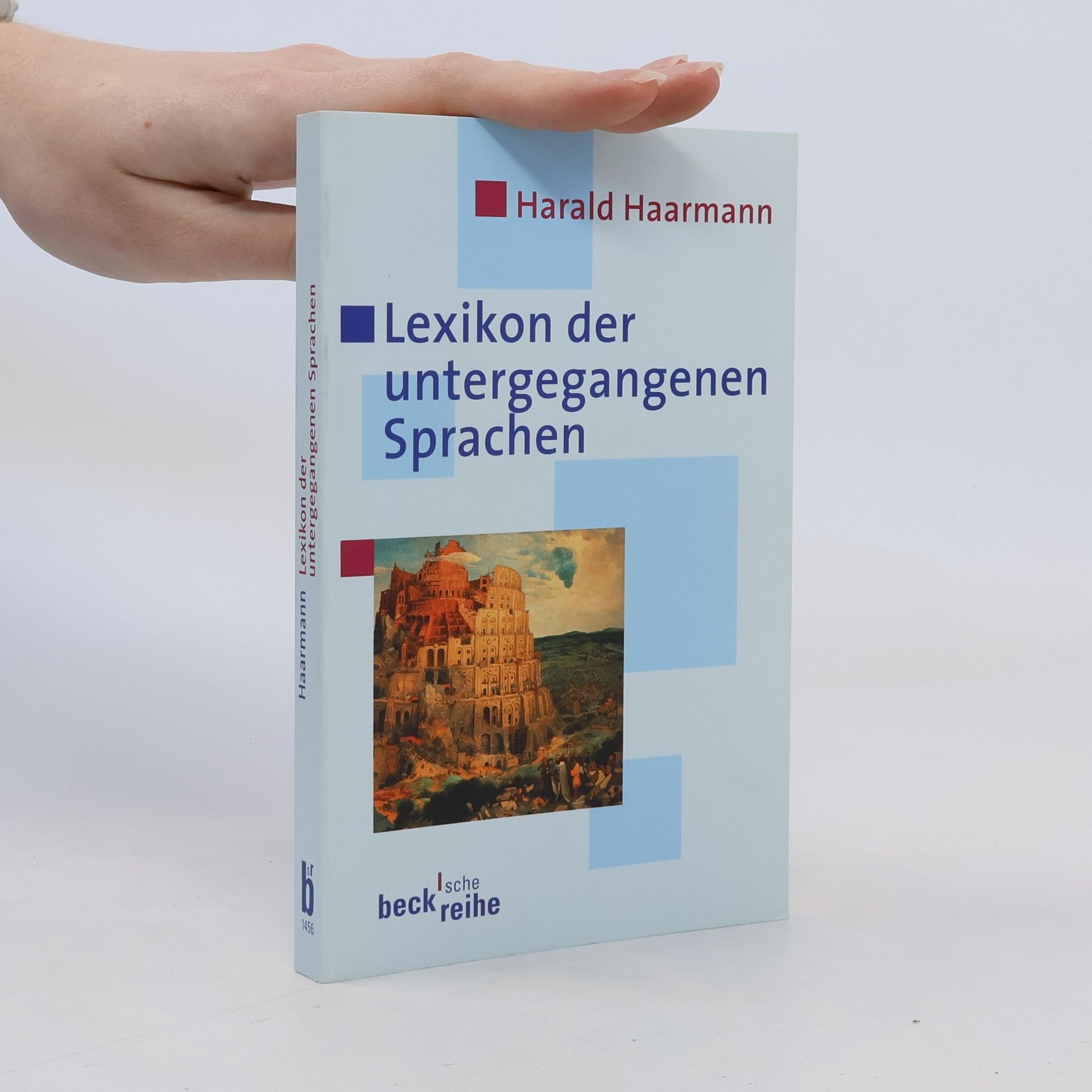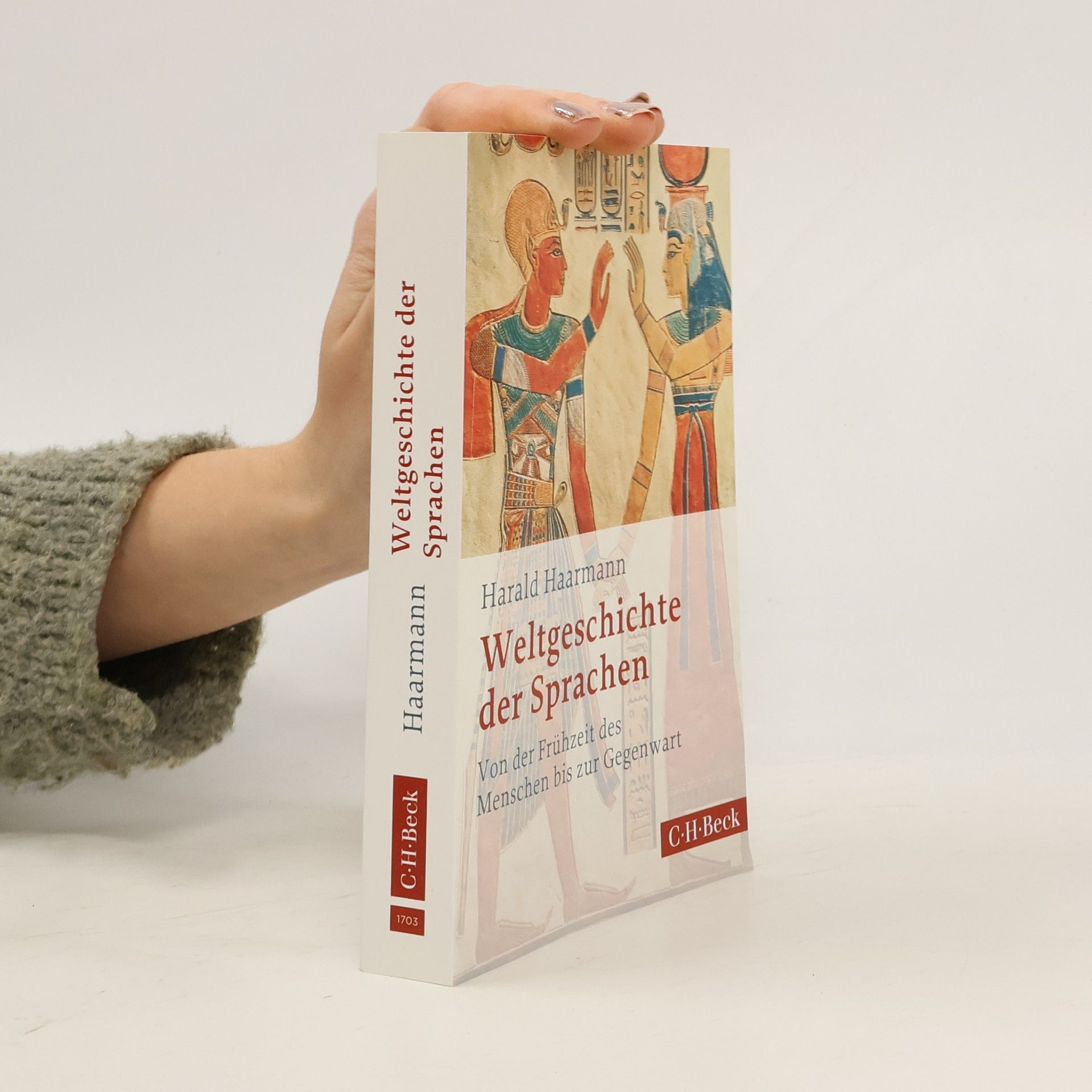Das Zeitalter der Pferde
Geschichte einer Zähmung von den Anfängen bis zu den Reitervölkern - Beck Paperback
- 192 pages
- 7 hours of reading
Die Domestizierung des Pferdes hat eine entscheidende Rolle in der Menschheitsgeschichte gespielt, indem sie als Nahrungslieferant, Reit-, Zug- und Arbeitstier fungierte. Harald Haarmann rekonstruiert den schrittweisen Prozess der Zähmung und Nutzung von Pferden anhand neuer archäologischer, genetischer und linguistischer Forschungen und zeigt, wie diese jahrtausendelange Partnerschaft sowohl Pferde als auch Menschen veränderte. Die Domestizierung begann in der Steppe nördlich des Schwarzen Meeres. Haarmann untersucht die Gründe für diesen geografischen Ursprung und die frühen Verbindungen zwischen Menschen und Wildpferden. Zunächst folgten Menschen den Pferden als Jäger und später als Viehnomaden auf der Suche nach Weidegründen. Vor 8000 bis 9000 Jahren gewöhnten sich Steppennomaden an den Konsum von Stutenmilch, während Pferde vor über 6000 Jahren erstmals als Reittiere dienten. Mit der Erfindung von Rad und Wagen ermöglichten sie weite Migrationen. Streitwagen- und Reiterheere führten zu großräumigen Eroberungen. Domestizierte Pferde verbreiteten sich weltweit und wurden in Religion und Politik zu mächtigen Symbolen. Bis ins 20. Jahrhundert waren sie allgegenwärtig, und obwohl das Pferdezeitalter mit der industriellen Revolution endete, bleibt ihre Rolle als Partner, Freund und Helfer für die Menschen auch in Zukunft bestehen.











